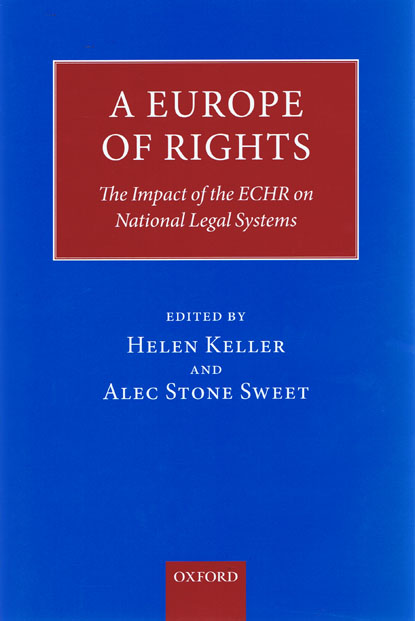
This volume focuses, comparatively and dynamically, on the reception of the ECHR regime within the national legal orders of the Member States of the Council of Europe. The definition of 'legal order' used is expansive, including the legislature, the executive, the judiciary - and indeed, any public authority established through constitutional and public law that produces or applies legal norms. The central enquiry of the book is how, through what mechanisms, and to what extent, the national legal orders of the Member States are coordinated with, adapted to, or adjusted by the ECHR - emphasizing both the co-operative and conflictive aspects of reception.
The book brings together a series of structure-focused comparisons: each chapter undertaking a comparative case study which collects and analyzes basic data on the reception of the ECHR within national legal orders. These structured-focused comparisons, whose purpose is not so much to test theory, but to develop appropriate theoretical concepts and to generate hypothese, work on the assumption that comparing two, relatively like cases offer a better opportunity to build more general theoretical frameworks.
Through an examination of a set of general questions about how national decision-makers - governments, legislators, and judges - have reacted to the evolution of European human rights law, the chapters enquire how various actors within national legal orders could take decisions to either hinder or to enhance the status of the ECHR. What interests or values, individual or corporate, are, for example judges, maximizing? How has this affected the evolution of the ECHR? How do national constitutions take into account treaty law (or international law generally)? Do separation of powers doctrines (or other explicit provisions of public law) permit or prohibit the judicial review of the legal validity of legislative and executive acts with reference to 'higher' norms? To what extent should the federal or unitary nature of a Member State make a difference to reception? That is, should we expect the territorial distribution of powers and competences - judicial, legislative, administrative - to have an effect on the status or effectiveness of the ECHR, and if so, how?